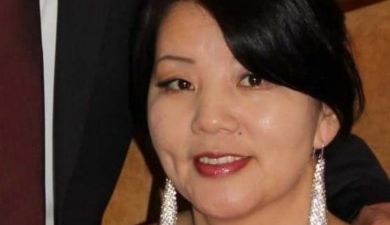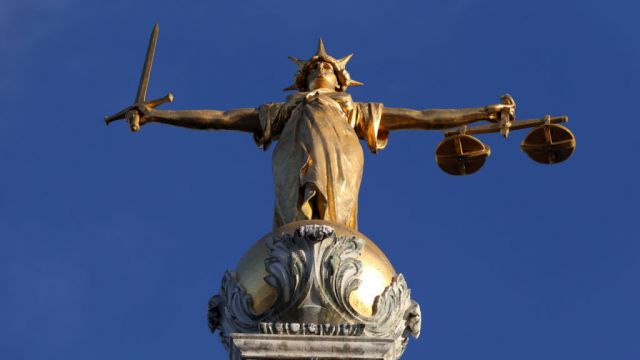The Supreme Court will consider an appeal brought by a woman charged with four counts of sexual assault and a count of allowing a child in her custody to be assaulted, ill-treated, neglected or exposed to unnecessary suffering.
In 2021, the woman was acquitted in the Circuit Court of the counts which relate to her sons who are each physically and mentally disabled. The Court of Appeal has directed a retrial.
The Director of Public Prosecutions (DPP) did not oppose a directed verdict of not guilty in the Circuit Court. This came after the judge decided to exclude the evidence of a forensic psychologist.
The psychologist interviewed the mother as part of separate non-criminal proceedings about the arrangement of care for her sons. During the interviews, she made significant admissions that went on to form the basis of charges brought against her by the DPP.
In deciding to exclude the evidence from the trial, the Circuit Court judge noted the length, nature and duration of the interviews, the use of a lie detector and the fact the DPP had previously told her a decision had been made not to prosecute her in this matter.
She should have been given access to a solicitor, informed of her right to a solicitor, and cautioned at the start of each interview, the judge added.
The DPP appealed, submitting the trial judge erroneously excluded evidence.
The Court of Appeal found the DPP’s turnabout in prosecuting the woman did not give rise to unfairness as there was no ruse and the initial decision not to prosecute is always subject to the caveat that it can be reviewed if new evidence comes to light.
The court noted the mother had extensive legal advice in the fortnight before the admissions were made and concluded it was in the interest of justice that the evidence should be considered.
Retrial
It quashed the acquittal and directed a retrial of the four counts of sexual assault contrary to section 2 of the Criminal Law (Rape) Act of 1990 and a count contrary to section 246(1) and (2) of the Children Act of 2001. The background of the case was set out in a determination by a three-judge Supreme Court panel.
Writing together, Ms Justice Elizabeth Dunne, Ms Justice Marie Baker and Mr Justice Brian Murray said the woman met the constitutional criteria warranting the appeal being heard.
While the facts of the case are “unique”, they said, a matter of general public importance arose regarding the admissibility in a criminal trial of evidence of admissions made in psychological assessments conducted for civil proceedings, in circumstances where the woman was not cautioned and did not have access to legal advice before making the admissions.
This element may have a bearing on future cases, they added.
In seeking to appeal, the woman alleged the Court of Appeal did adequately consider that the forensic psychologist “was unwilling to participate in an assessment while criminal issues remained outstanding” and that he only agreed to participate in an assessment after the decision not to prosecute was conveyed and she agreed to the interview process.

The court was wrong to conclude there was no trap or ruse employed, she submitted. Further, she said, her consent to the assessment process was not voluntary as she had to comply if she was to gain access to her children.
The DPP contended the woman participated in the assessment with the benefit of legal advice and she was advised to obtain further advice after making certain disclosures.
There is significant public interest in prosecuting the woman as she made admissions to serious wrongdoing in respect of her vulnerable children, the DPP submitted.
A date for the appeal has not yet been set.







